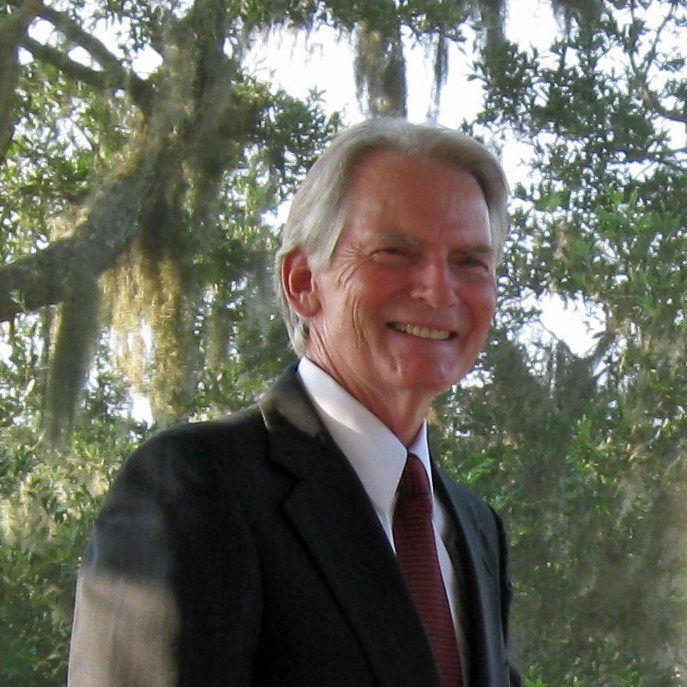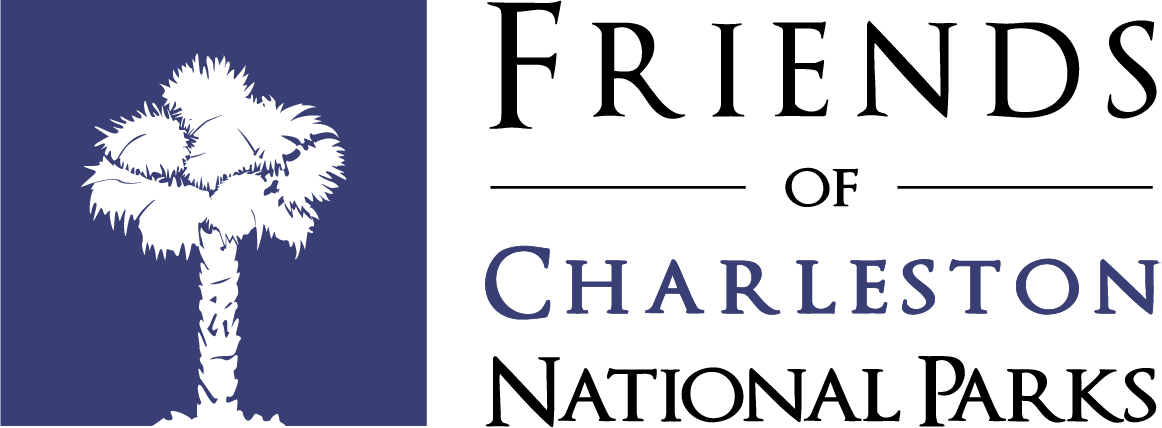Indeed, National Parks are our “best idea”, but given competing priorities in Federal funding, they are not receiving enough money to maintain them at the standards that they deserve. Our parks need Americans to help through direct donation to philanthropic partners and or volunteering at the parks or with partner organizations.
The needs in the Charleston National Parks are great in that the historical structures, artifacts, signage and visitor conveniences are located in a climate that demands constant preservation. Undeniably, with seaside two 19 th century fortifications, a lighthouse district and a historic plantation to be responsible for, the staff is doing an incredible job with the limited resources available from Federal budget but more needs to be done.
At the Charleston National Parks, hundreds of volunteers have donated thousands of hours to assist the local parks in program and preservation initiatives over the years and is part of an incredible Volunteers in Parks effort nationwide at over 400 parks and sites involving hundreds of thousands of Americans from all ages and walks of life dedicated to the mission of the National Park Service in preserving our national treasures.
We also need to build for the future by inspiring the next generation of Americans to love their parks and chose careers in the National Park Service. To this end, the Friends of the Charleston National Parks partners with the NPS in a very successful Kids to Parks program. Again, this program would not be possible without the support of public donations and volunteers at the parks.
From my personal experience as a volunteer for the Charleston National Parks, I cannot think of a more deserving and worthy cause to commit my time and talents to. It is a profound joy to give back to a Nation that has given so much to us all.
About the Author

